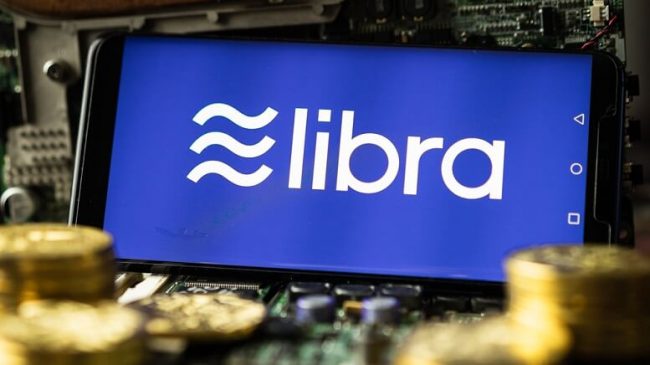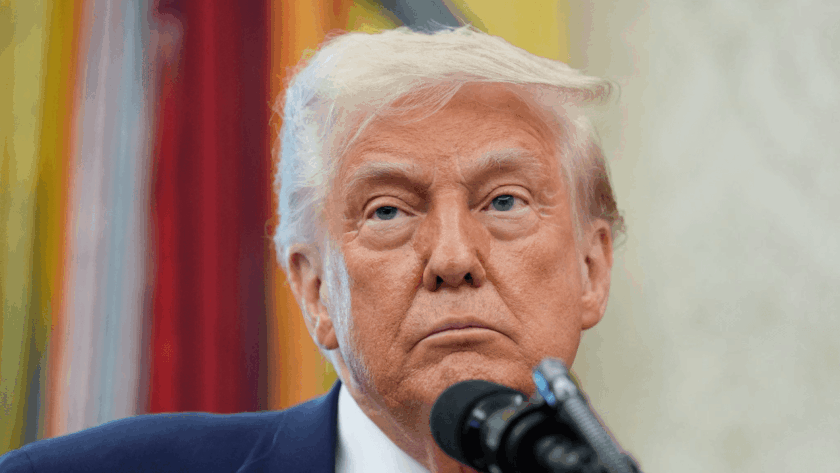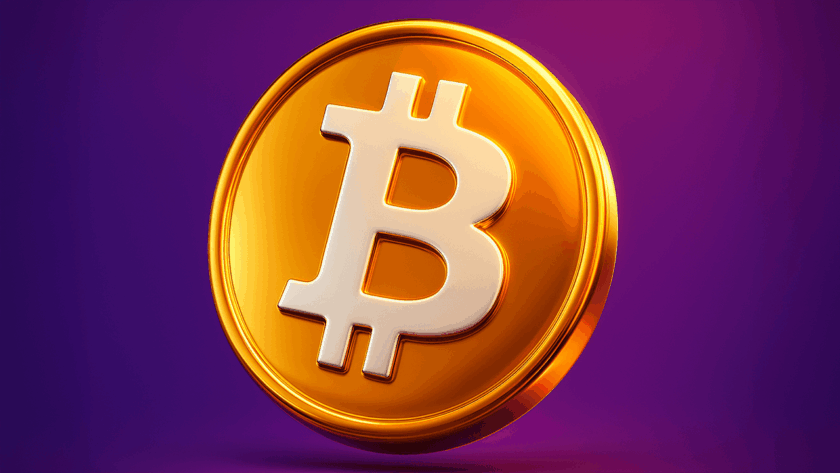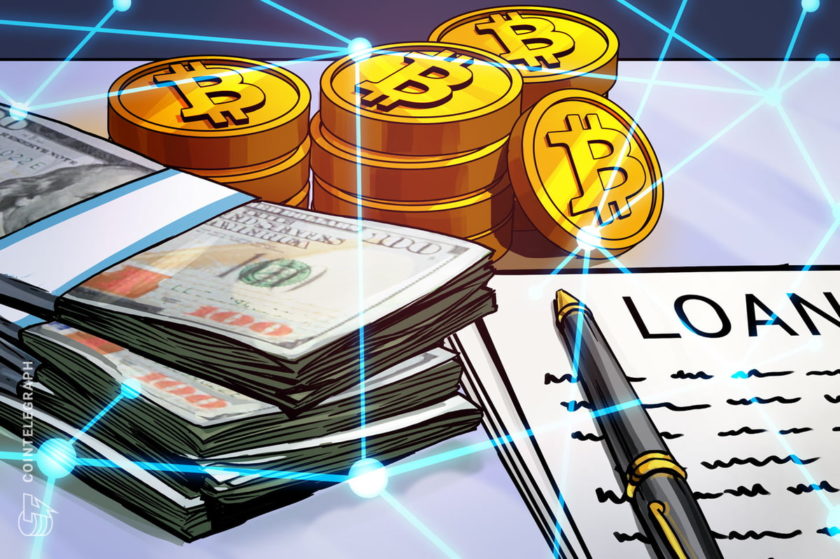The vice-chairman of the Libra Association has been touting the benefits of the project over Bitcoin at the Consumer Electronics Show (CES) in Las Vegas.
Dante Disparte, the vice-chairman of the non-profit organization overseeing the proposed digital currency led by Facebook (NASDAQ:FB), was speaking at the Digital Money Forum of the CES, where he emphasized Libra’s advantages over Bitcoin, the largest cryptocurrency in the world. “Bitcoin as an asset class has proven that mathematical scarcity can support an incredibly exciting asset,” said Disparte, before adding, “It’s not a means of payment. It just isn’t.”
He also pointed out that the most basic expression of economic mobility was the payments process, something that cryptocurrencies are yet to cut into, but which is reportedly one of the significant advantages of Libra over other digital coins. However, Disparte’s claims were met with resistance by other members of the panel.
Akin Sawyerr, a strategy lead on the Decred project, said, “I’m not convinced that a council of self-interested companies can do money better than a decentralized system. The only way to really get there is to empower the individuals to have some base-level sovereignty.”
Libra will be overseen by a consortium of 21 major companies who signed the founding charter to establish The Libra Association in Geneva in October. The association was originally intended to be comprised of 27 members, but due to the intense scrutiny leveled at the project, six firms, including Visa (NYSE:V), PayPal (NASDAQ:PYPL), and Mastercard (NYSE:MA) all withdraw from the project. It is interesting to note that all three of these firms are focused on payment services.
>> Bitcoin (BTC) Soars Above $8K Mark on Geopolitical Concerns
As resistance to Libra continues to mount, a solid launch date is yet to be confirmed, but Mark Zuckerberg previously said he hopes to see the project launch by mid-2020. Should it ever come to fruition, Libra, unlike Bitcoin, will be a stablecoin backed by a basket of currencies including the US dollar (50%), the euro (18%), the yen (14%), the British pound (11%), and the Singapore dollar (7%).
Featured Image: DepositPhotos © BiancoBlue




